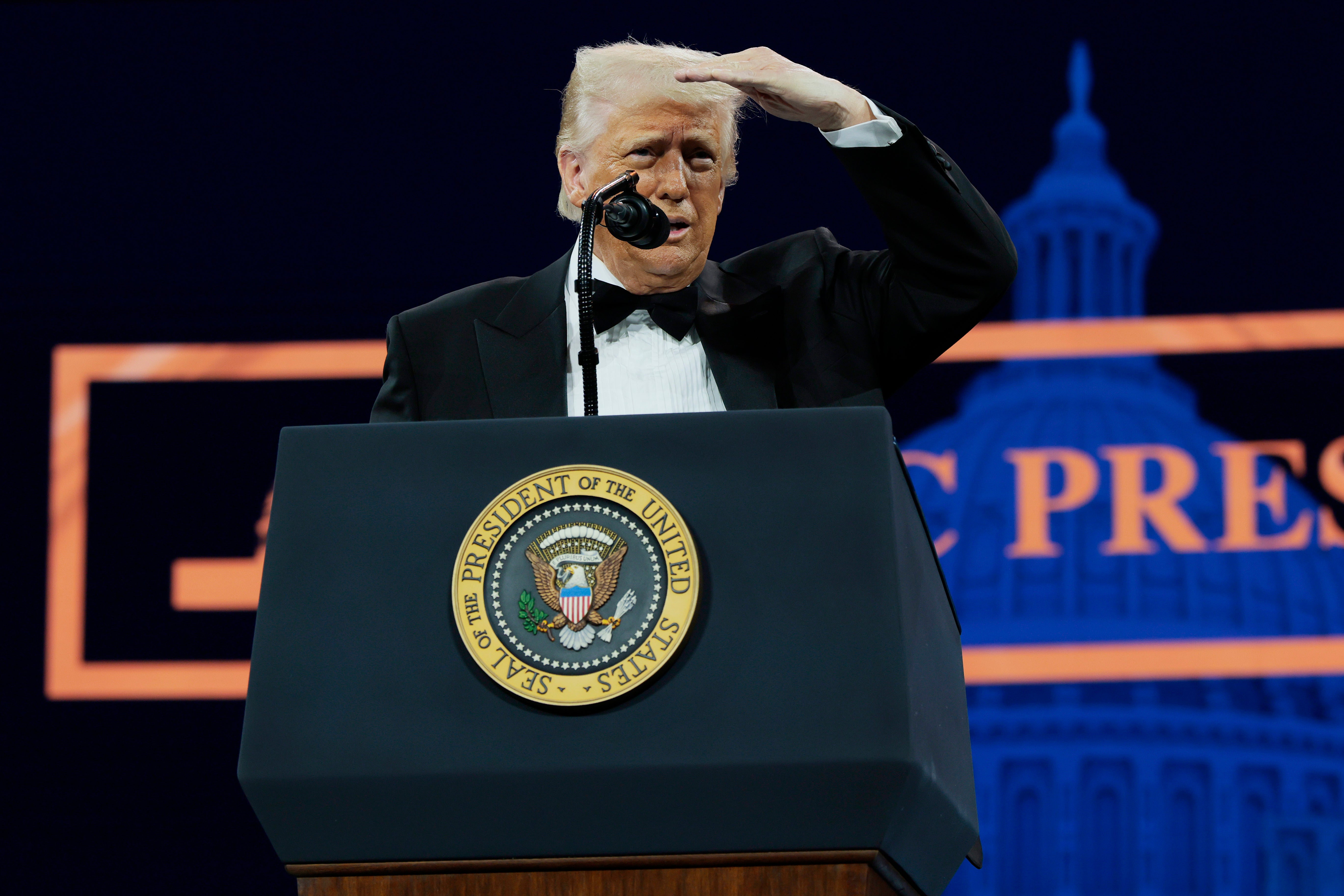Trump says pharmaceutical tariffs are coming ‘very shortly.’ How will this impact the price of drugs?
‘We're going to be announcing very shortly a major tariff on pharmaceuticals. And when they hear that, they will leave China,’ president says at Republican fundraiser
President Donald Trump has announced that tariffs on pharmaceuticals are incoming, which means Americans will likely have to pay more for their medicines.
“We're going to be announcing very shortly a major tariff on pharmaceuticals. And when they hear that, they will leave China,” Trump said Tuesday at a Republican fundraiser.
Aboard Air Force One last week, he told reporters that “pharma” tariffs would come “at a level you haven’t really seen before.” He added that the tariffs would be revealed “in the near future.”
The measure will likely upend the global medicine trade as most countries, the U.S. included, have no or few restrictions on finished drugs, partly because of an agreement struck by the World Trade Organization in 1995, the BBC noted.
The president’s comments come after he put in place blanket 10 percent tariffs on other imports last week in an attempt to create manufacturing jobs in the U.S. The new tariffs went into effect Wednesday, including a stunning 104 percent levy on goods imported from China.
In the past, the U.S. has imported large amounts of finished drugs from Europe, China, and India without tariffs, while active pharmaceutical ingredients, which are used to make drugs, have faced some levies. As of 2023, only four percent of active pharmaceutical ingredients used in life-saving medications, like those for asthma and diabetes, were produced in the U.S., while 82 percent were made in China and India, the U.S. Pharmacopeia’s Medicine Supply Map reveals.
Last year, the U.S. imported $213 billion worth of medicines, more than two and a half times as much as a decade previously. Trump’s tariff threats have prompted concerns among buyers, particularly those importing significant amounts from India, as the country provides almost half of all generic drugs in the U.S. Generic drugs are cheaper versions of popular medicines.

About a third of India’s $13 billion pharma exports go to the U.S., and currently, the U.S. pays little to no tax on imported Indian drugs, while Indians importing American medicines pay close to an 11 percent levy.
Drugmakers in India have said that tariffs would push them to raise prices, which would likely increase costs in the U.S. Some firms have plants in the U.S., but most producers acknowledge that moving production for generic drugs isn’t feasible, according to the BBC.
Analysts and pharmaceutical companies told Reuters that it can take as long as a decade to set up a factory in the U.S. because of FDA regulations.
Top European pharma companies met with European Commission President Ursula von der Leyen on Tuesday. After the meeting, the European Federation of Pharmaceutical Industries and Associations said that tariffs could lead production to move to the U.S. Last year, pharmaceuticals were the top export from the E.U. to the U.S., reportedly worth $127 billion.
Some companies have pushed the E.U. to take action to stop a “mass exodus” to the U.S., according to the BBC. They have shared worries about retaliatory tariffs from the E.U., which could affect patients in the U.S. and in Europe. On Wednesday, the E.U. approved new tariffs on a range of U.S. products, worth nearly $22 billion. This remains a partial retaliatory measure, with Brussels possibly putting in place further levies early next week.
However, the pharmaceutical industry’s complicated supply chains and the risk of deaths caused by shortages may mean that the sector will be less affected than others.
Companies that make top medications could possibly be able to take on tariffs by increasing prices, which would likely be passed on to hospitals, insurance companies, and, in the end, U.S. consumers. However, firms making generic drugs may face stiff competition and may therefore be unable to raise prices. Instead, they could decrease exports to the U.S., decrease production, or possibly even declare bankruptcy, Reuters noted.
However, the closures of factories could lead to loss of lives, which is part of the reason why pharmaceutical companies were initially not party to Trump’s tariffs. But the president’s comments on Tuesday suggest that he may be done waiting.
Join our commenting forum
Join thought-provoking conversations, follow other Independent readers and see their replies
Comments
Bookmark popover
Removed from bookmarks